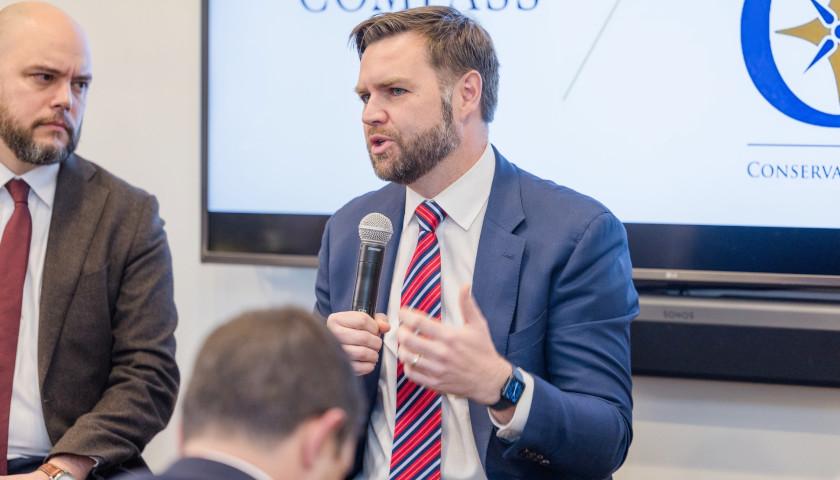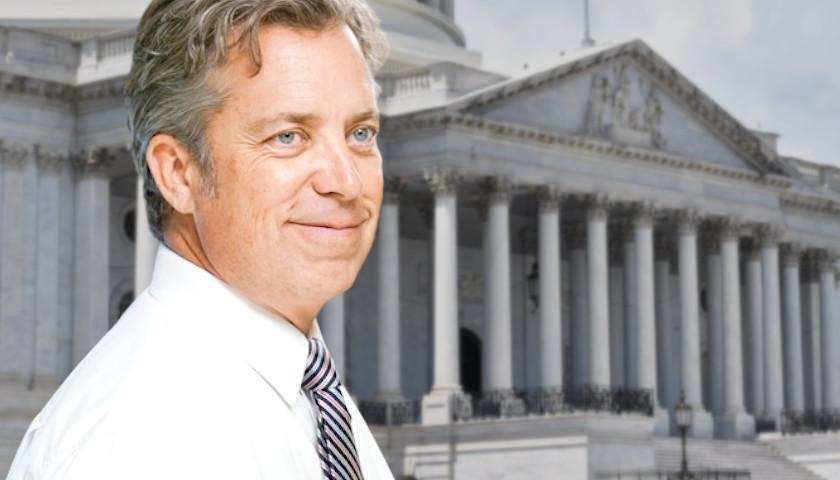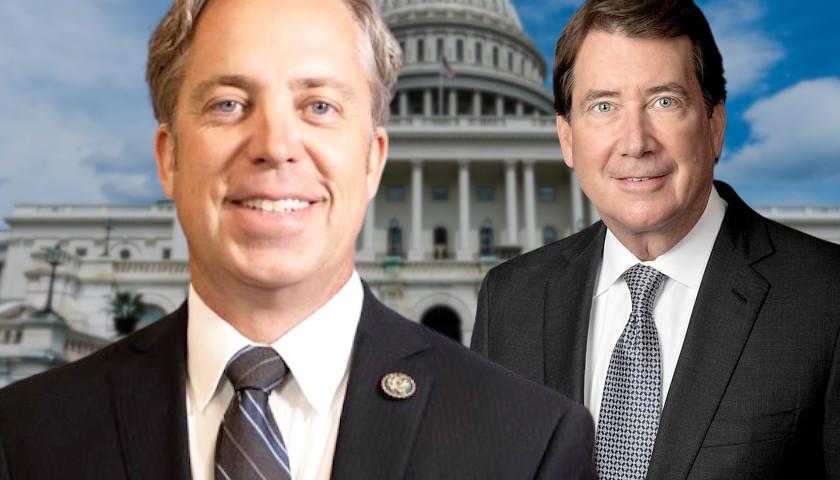Winston Churchill taught us that “the price of leadership is responsibility.” This is true of leadership everywhere, from the White House, to the state house and even to the school house. While educators have been the ones who have borne the crux of education reform efforts, those in the highest offices of our nation’s capital and state capitols are all too often exempt from being held responsible for their actions. That doesn’t seem fair.
Todd Kruse, a well-known public affairs consultant and instructor at the University of Minnesota wrote: “Our nation can continue tinkering with mandatory testing of students, explore teacher performance compensation models and alter class sizes or we can all start thinking in terms of revolutionary change in our public schools…”
Like Dr. Kruse, I believe education “reformers” have lost their path. They lost their path not only because they focus on the wrong ideas in education, but because they lack direct first-hand experience in public education. Opinions disguised with misinterpreted data create a bias that becomes bad public policy.
No taxpayer wants to see their hard earned tax dollars spent on programs or systems that clearly do not work. If American education has a problem, it may just be that the expanded role the federal government is playing in our education policy. Utah Senator, Mike Lee, stressed that “Congress has no business regulating our nation’s public education system, and has created problems whenever it has attempted to do so.” We do not need a national board of education, and the federal government should make every effort to return appropriate control of education to state and local education agencies.
We must also question, what role we want a state education agency to play in public education. We would contend that local school districts do not need state education agencies acting as compliance officers for the federal government. Instead they need state agencies to listen to their needs and be more responsive by working in collaboration supporting local efforts.
If the price of leadership is responsibility, then let’s restore our local school districts and embolden them with adequate resources to accomplish the critical mission in which they have been charged to undertake. State agencies must be more accountable to those they are supposed to serve: parents and taxpayers—not federal bureaucrats.
Ronald Brownstein and Stephanie Czekalinski in their National Journal article How Washington Ruined Governors wrote, “Not long ago, the states mostly operated as an exception to the war between the parties in Washington. Now they look more like an extension of it.” State education agencies should make every effort to provide greater local control by giving school districts increased flexibility over their own operations. Whether that happens in the new federal policy the Every Student Succeeds Act depends on who leads our state moving forward.
For example, school districts should be exempted from state mandates related to daily operations so they can be more reactive to the needs of students, parents and educators. Calendars and school schedules, facilities, procurement, professional development, evaluation of personnel, transportation and food services are undeniably best administered with greater stakeholder input at the local level. As a society, we also need to honor our teachers, respect their professionalism, and support the continued development of their skills. This is why the recently passed Teacher Bill of Rights was such an important piece of legislation for the state.
This does not mean that state or federal government should cease promotion of an educated citizenry, or self-fulfillment and economic prosperity of the individual. Perhaps the most recognizable and clichéd image of federalism is Justice Louis D. Brandeis’s metaphor of the states as “laboratories” for policy experiments.
However, as Michael Greve, professor at George Mason University School of Law opined, “Federalism requires confidence in the creative energies of a free society; a healthy suspicion of interest group schemes; and a willingness to tolerate indeterminacy and variegated results.” If the states are to be laboratories for democracy, we cannot support a centralized approach to public education.
We know that since 1965, a one-size-fits-all solution shoved down from the federal government produces too many unnecessary, unfunded mandates and tie the hands of our local educators. We need leaders at all levels of government who embrace the responsibility of educating our children. Most importantly, we need to remind ourselves occasionally of the stated purposes of public education: to transform children into moral, productive, and literate citizens; integrate an ethnically diverse population; reduce class warfare; and drive down crime and poverty.
To be more responsive to the needs of students and parents, there must be increased transparency. Parents need access to more essential information and to become an active partner in their child’s education. Parent engagement is much more than the “feel good” parent involvement initiatives that we undertake. In addition, we must provide our educators with the needed tools for their vocation. Public education benefits our state and country more when it is held accountable to the community it serves, not operating on the whims of a politically fluctuating centralized bureaucracy, especially when that bureaucracy is located in Washington DC.
– – –
JC Bowman is the Executive Director of Professional Educators of Tennessee, a non-partisan teacher association headquartered in Nashville, Tennessee. Permission to reprint in whole or in part is hereby granted, provided that the author and the association are properly cited. Follow him on social media via Twitter at @jcbowman.









The liberal doctrine being “indoctrinated” into children from grade school through College is a greater threat to “National Security” than any outside force.
“History and Civic” are two of the most important subjects than can be taught to maintain our Freedoms and security, and these two subjects are the main targets of the liberal agenda.
If nothing else is learned from History and Civics, they teach the “Common sense” approach to viewing life as it has been, and will be again, and the solutions that have failed and susceeded.
Liberlism only has one solution for every problem.
A “good education” teaches how to recognize the “Good from the Bad” among the people you’ll spend your life with, before finding out the hard way.